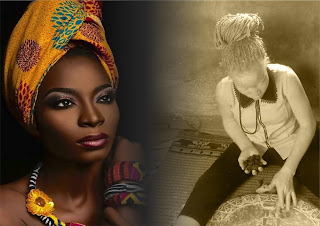50 THINGS TO KNOW ABOUT EGÚNGÚN -- ASA ORISA ALAAFIN OYO

Despite being deceased, it is believed that our ancestors are part and parcel to the larger family. They are regarded as the collective spirits of the ancestors who occupy a space in heaven. It is pertinent for Ifa/Orisa pratitioners both at home and in diaspora to know what and what not is Egungun to broaden and widen their scope on the sacred term. This is why Asa Orisa Alaafia Oyo , provided you 50 break-downs on what and what not Egugun is: 1. The word Egúngún has no translation in to another language. 2. Egúngún is not a masquerade. 3. Egúngún is a sacred representation of the Yoruba ancestors. 4. Egúngún worship is dedicated to the people who lived on the earth and died “Ara Orun”. 5. Egúngún worship is part of the Yoruba traditional Religion. 6. Egúngún is not an Òrìsà. 7. Egúngún is representing forms of human of deceased. 8. Egúngún is covered from head to foot with cloth similar to the deceased. 9. Egúngún dress consists of cloths of various colours . 10. Egúngún dres
